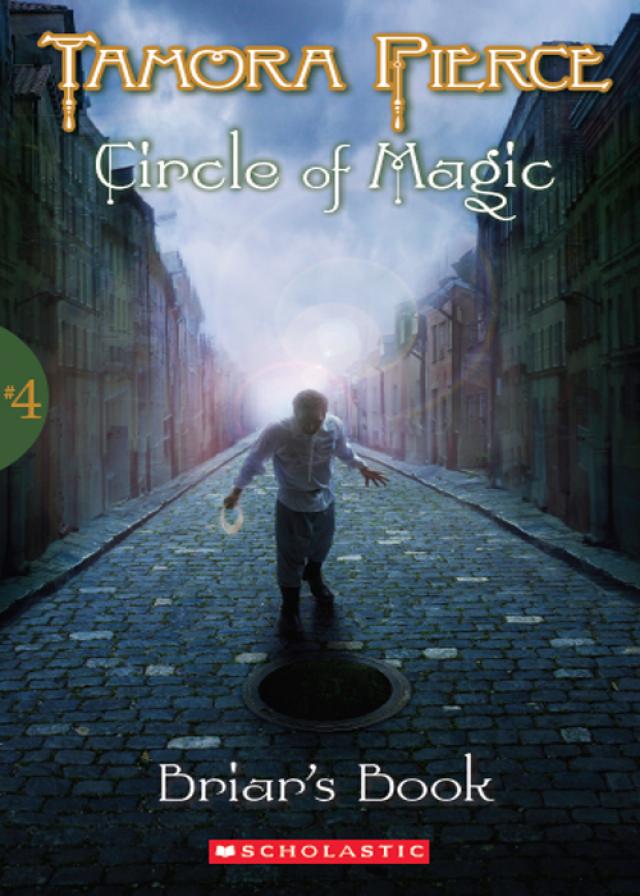

This “dialogue with the silence” encourages readers to take part in the story since they have to actively decipher what lies beneath the narration and, thus, think like the characters (Kokkola, 2003, p. In other words, a book that leaves some gaps in information can be more emotionally profound than one that tries to explain everything. For instance, Rosenfeld (1980) focuses on literature of fragmentation, which consists of leaving unsaid what cannot and must not be described or understood. The authors must carefully narrate their stories and follow a series of moral principles since their novels “carry a significant responsibility” (Rachel Dean-Ruzicka, 2017, p. Nevertheless, the literary debate focuses on how situations of this magnitude can be approached in an ethical way (San José Rico & Mezquita Fernández).

As time passes, fewer survivors remain to pass down their first-hand experiences, which places literature in a significant position to educate younger generations. 14), “the Holocaust is an integral part of twenty-first-century children’s and young adult literature” and, therefore, the account of the notorious event is not only pertinent but necessary.

According to Rachel Dean-Ruzicka (2017, p.


 0 kommentar(er)
0 kommentar(er)
